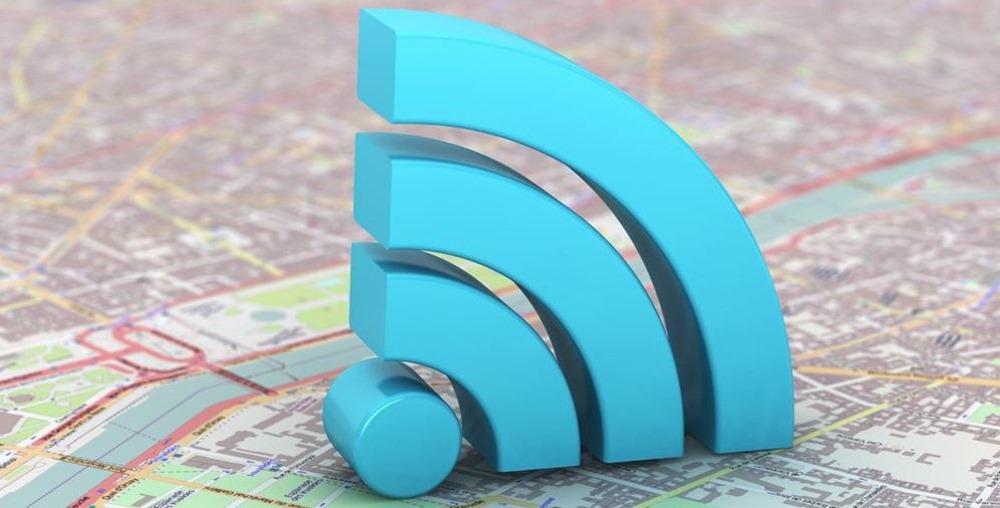TRAI Strongly Pitches For WiFi Based Internet Access Pan-India; Recommends 2p/MB Fare

There is a reason telecom companies like Airtel, Vodafone and Idea besides BSNL are opening up various WiFi hotspots in urban locations all over India. There is a strong logic why companies like Google, Paytm and even political parties are Aam Aadmi Party are offering WiFi services for the public.
Providing WiFi based Internet is easy, cheap and convenient.
And Telecom Regulatory Authority of India (TRAI) is slowly but gradually understanding this fact, and even endorsing it. In order to encourage and inspire all telecom firms to provide WiFi connectivity, pan-India, TRAI has released a new consultation paper for receiving public opinion on this matter.
In April this year, TRAI had hinted that such a consultation paper would be soon released. And within 3 months, they have actually done it.
What Does TRAI Propose For Public WiFi?
In the consultation paper, TRAI has very logically attempted to addressed few vital concerns regarding public WiFi, across India.
First being cost associated. TRAI has specifically said that public WiFi incurs per MB cost of just 2 paisa, whereas under various 3G/4G plans by telecom firms, consumers incur an average charge of 23 paisa per MB.
They said, “It’s obvious that deployment of a WiFi network will not only enhance internet speeds, but will also make data affordable to consumers, and hence help in bringing the unconnected to the connected world,”
Second being payment mechanism for paying WiFi access. TRAI has recommended usage of Universal Payment Interface of the National Payments Corporation of India (NPCI) for making the payment process simpler and easy.
We have already reported how the Unified Payment Interface has the potential to become huge, especially overtaking mobile wallets, and TRAI has clearly understood its importance.
The 3rd and most crucial aspect is regulations pertaining to WiFi usage, and TRAI wants that before a pan-India public WiFi scheme is implemented, regulations is clearly sorted out.
They said, “WiFi adoption in public places is in its greenfield phase, and hence the need to resolve early challenges and risks for development of innovative models that support WiFi-enabled broadband connectivity.”
Some other aspects which TRAI wants to discuss include: inter-operability between cellular and WiFi networks; authentication process for quickly accessing WiFi public network; separate processes for Indian nationals and foreigners; issue of roaming between different WiFi networks, issue of safety and security and even provision to quickly enable simultaneous logins in different devices such as tablets, laptops and mobile phones.
This is certainly one of the deepest researched consultation paper to have ever come out from a Govt. agency.
Challenges for Public WiFi in India
Citing data from iPass and Maravedis Rethink, TRAI said that as of now, there are only 31,518 WiFi hotspots in India. And this number is way below the expectations of the Govt., as they want one WiFi hotspot for every 150 citizens.
Hence, we would need another 8 lakh new hotspots, which is a massive requirement.
TRAI said, “The situation of WiFi hotspots is not encouraging in India as we represent one sixth of the world population whereas our share in WiFi hotspots is less than 1/1,000”
Since 2013, there has been an increase of 568% of WiFi hotspots globally, but in India, it grew only by 12%.
Thus, via this new consultation paper, TRAI wants more active participation of telecom firms, electronics industry and general public for making public WiFi enabled Internet access a big success.
Here is the full “Consultation Paper on Proliferation of Broadband through Public Wi-Fi Networks” released by TRAI; and the last date for giving opinions is August 10th and counter-comments is August 24th.
From the paper: “The comments and counter-comments may be sent, preferably in electronic form, on the email ID [email protected] . For any clarification/ information, Shri Arvind Kumar, Advisor (Broadband & Policy Analysis) may be contacted at Tel. No. +91-11-23220209 Fax: +91-11-23230056.”
